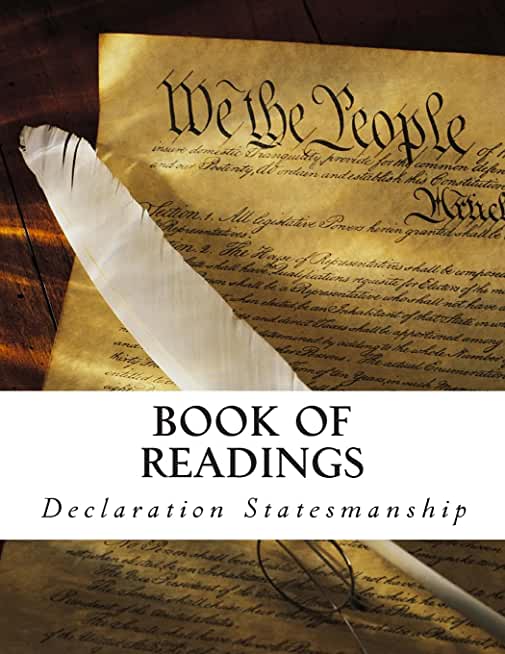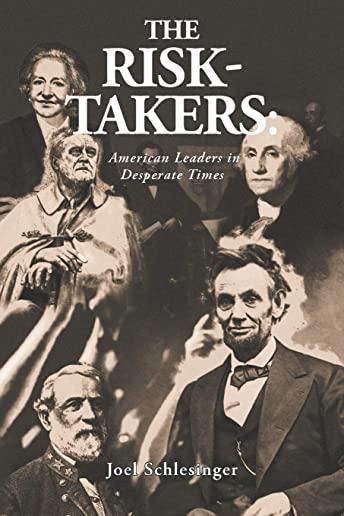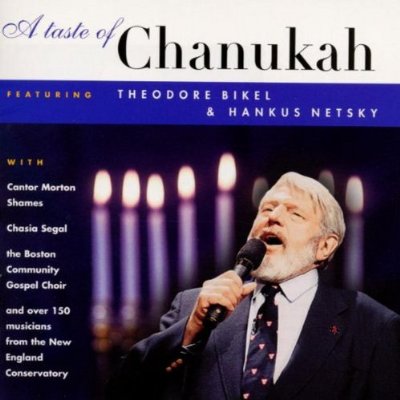
Seeley Ph. D., Andrew
This is the Book of Readings for Declaration Statesmanship.
This course is unique. There is no other course like it available to the American high school student. It unites history, philosophy, and what we call 'civics' in a dynamic blend of narrative and argument. As much as possible it deploys original sources and fundamental texts, and the writing of the authors endeavors to match, as their capacities allowed, the thoughtfulness and elegance of the authors who inspired us.
Declaration Statesmanship has been designed as a one semester (14 week) course in American Government or Civics for eleventh or twelfth grade students. The authors have tried throughout the course to direct the students' attention to the writings and documents of the time, many of which are quoted at length in the textbook, while others are contained in the accompanying Book of Readings. A Teacher's Manual, with lesson plans, detailed teacher strategies, comments on the text, quizzes and tests, is also available.
The course has three principal parts. In the first, the text explores the ideals and principles that created this nation and are expressed in the Declaration. In doing this, we look at the philosophy and religious teaching that influenced the founders in their decision to break from Great Britain. Then we examine the Declaration in detail, and show how the Articles of Confederation and the Constitution established governments that attempted to fulfill its ideals.
America's founding documents call for statesmen who can lead us in living up to the ideals of the Declaration. The second part of the course looks to how some of our greatest statesman were guided by these ideals in dealing with the difficult questions of slavery and civil rights. From before the founding there was a conflict between ideas of liberty and the fact of slavery, between a dedication to equality and a practice of oppression. In this part, we first look at how the founding generation addressed the problem of slavery already existing in the nation. We then consider how Abraham Lincoln defended their principles in the midst of a nation torn over whether to continue their policies. Finally, we review Reconstruction, Jim Crow, and the Civil Rights movement. We look atthe way neglect or attention to the principles of the Declaration influenced the course of American history through these struggles, and we discover the Declaration Statesmanship of Martin Luther King.
America needs great statesmen, but it also needs a people capable of living as free men. In the third part, we use Alexis de Tocqueville's Democracy in America to look at what was peculiar to America that made our experiment in democracy so successful, and what is needed to maintain the freedom and self-rule we have inherited.
The course presumes that the student has already completed a course in American history. Classroom discussions are very desirable with this material, but it can also be used in a home-school setting.
Although written with students in mind, the course is an excellent resource for teachers, and a fascinating read for anyone who wants to improve their understanding of America.







